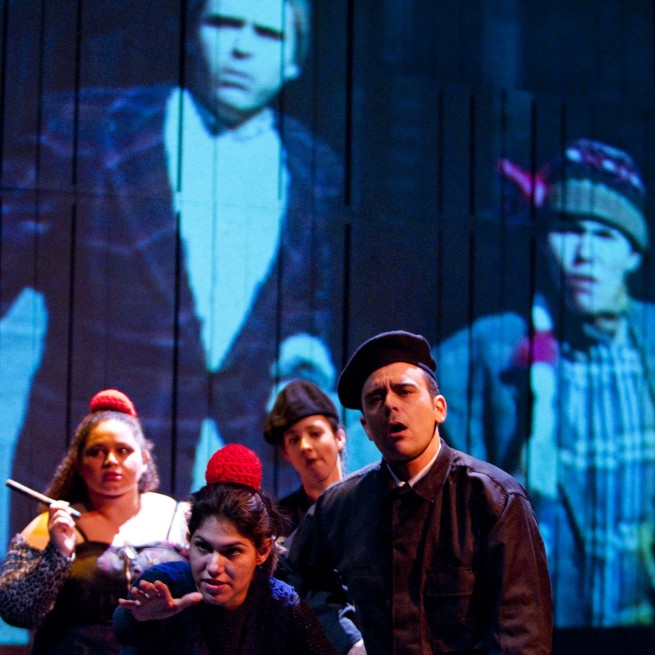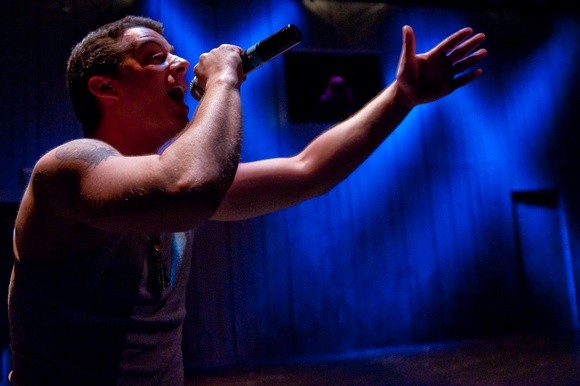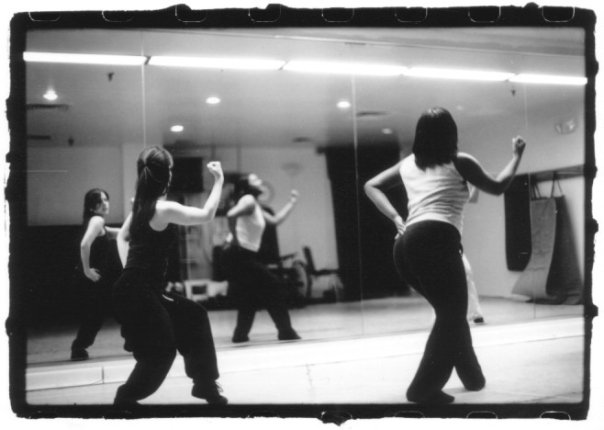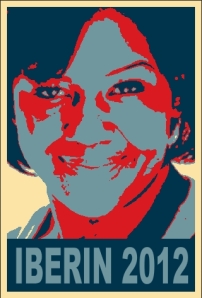Doug Krentzlin of examiner.com writes:

Roundheads and Peakheads. Photo by Colin Hovde.
German playwright Bertolt Brecht and Catalyst Theater Company were made for each other. Catalyst excels in multi-media presentations combining video, sound montages and live musical accompaniment and Brecht practically invented multi-media theater.
Add to the mix director Christopher Gallu whose staging of Brecht’s The Resistible Rise of Alberto Ui very deservedly won the first Helen Hayes Award for Best Ensemble and you have an outstanding theatrical experience like Catalyst’s current offering, a revival of Brecht’s rarely performed 1934 satire Roundheads and Peakheads.
Inspired by Shakespeare’s Measure for Measure, Roundheads and Peakheads was a scathing indictment of the Nazis’ fueling of racial hatred to promote their agenda. The mythical kingdom of Yahoo is experiencing an economic meltdown (timely much?) and the country’s leaders decide to quell a potential uprising of the lower class by the exploiting the enmity between two ethnic groups: the rich peakheads and the poor roundheads.
Brecht conceived Roundheads and Peakheads as a semi-musical and one of the best things about Catalyst’s production is the way Gallu stages the musical numbers in a variety of styles: rap, rock, 40s jazz, folk, etc. The original music is by Chris Royal and the lyrics are by Brecht (with the exception of the second act rap number and the climatic rendition of Charles Mingus’ Freedom).
Once again, Gallu has put together an impressive ensemble cast consisting of Monalisa Arias, Jenny Crooks, Catherine Deadman, Kathleen Gonzales, Cesar Guadamuz, Dan Istrate, Erica McLaughlin, Andres Talero, John Tweel and Grady Weatherford all of whom do impeccable work playing multiple parts. Deadman, with her wicked comic timing and wonderfully smoky singing voice, is a particular stand-out as cynical prostitute Nanna. (Her two songs, performed in front of an old-fashioned microphone, makes one long to see her cast as a night club chanteuse in a stage noir.)
The story goes that, at the premiere of Roundheads and Peakheads, Brecht saw some audience members crying and others laughing during the same scenes. “And I was satisfied with both,” Brecht said. He probably would be equally satisfied with Catalyst’s superlative production.
See full review here.



 One thing that amazes me about this play–and the cast–is that this is a story that could happen anywhere. And the diversity the cast brings to this play allows it to exist just about anywhere. We have cast members who are originally from Costa Rica, Panama, Romania, Haiti and the US (including Virginia, Tennessee, Boston and Maryland).
One thing that amazes me about this play–and the cast–is that this is a story that could happen anywhere. And the diversity the cast brings to this play allows it to exist just about anywhere. We have cast members who are originally from Costa Rica, Panama, Romania, Haiti and the US (including Virginia, Tennessee, Boston and Maryland). caused problems for anyone who spoke against the government, to the chimeres (ghosts) of more recent times who were from poor neighborhoods but were given arms and specific instructions on where and how to cause chaos in order to keep the citizens in a state of fear.
caused problems for anyone who spoke against the government, to the chimeres (ghosts) of more recent times who were from poor neighborhoods but were given arms and specific instructions on where and how to cause chaos in order to keep the citizens in a state of fear.



 Hey ya’ll, just wanted to share some discoveries I found today. During our first week of table work we had discussed the physical location of the play, Yahoo. I googled Yahoo and a stupid search engine came up. (The jokes will just get better from here.)
Hey ya’ll, just wanted to share some discoveries I found today. During our first week of table work we had discussed the physical location of the play, Yahoo. I googled Yahoo and a stupid search engine came up. (The jokes will just get better from here.)